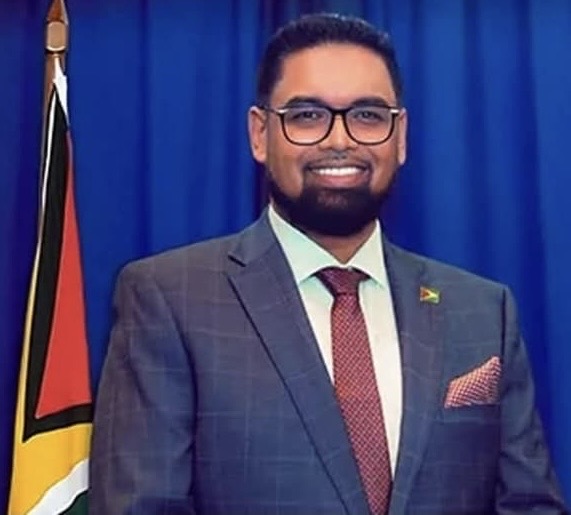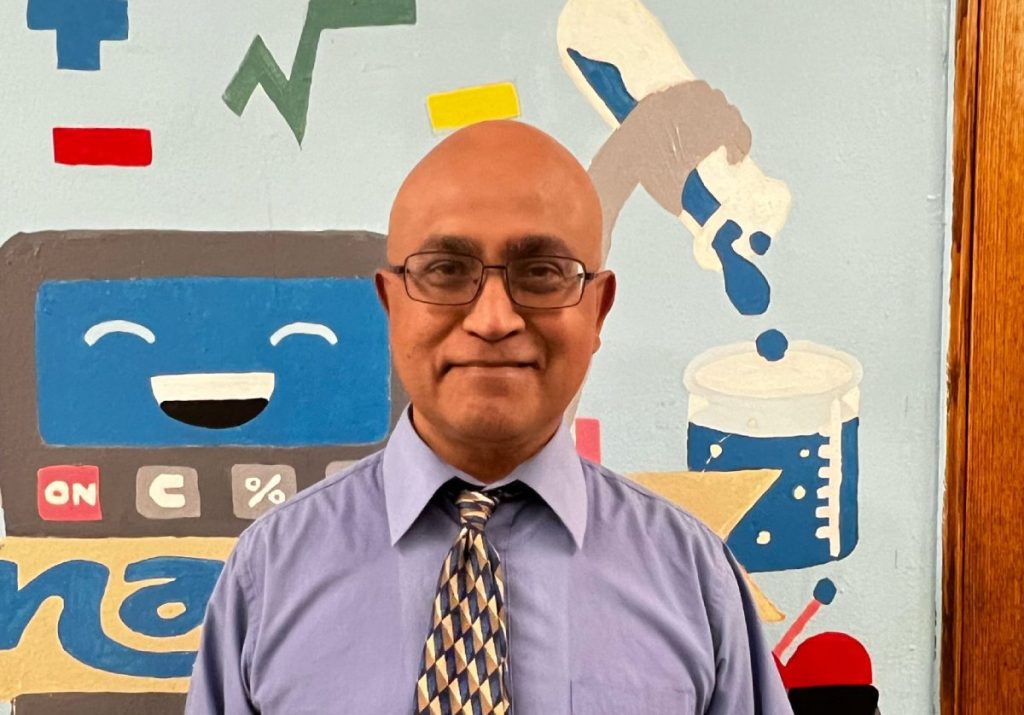The 30th edition of Conference of Parties (COP) on climate change was held in Belum, Brazil, over the last week, a decade after the Paris conclave when nations committed to a goal of keeping global temperature rise below 2 degrees Celsius and quite possible 1.5 degrees as far as possible. Countries are far from achieving either goal primarily because there has not been much movement away from fossil fuel use and the wealthy countries have not honored financial commitments to the poor countries that depend on fossil energy. For COP on climate to be effective and reach goals, the developed countries must honor commitments on financing as well articulated by President Ali in Belem.
It is not surprising that the climate crisis, such as rising global temperatures and a multitude of natural disasters, has intensified since the Paris Agreement. But there has not been serious action to stem rising temperatures. Promises made in Paris have not been implemented or honored. Developed countries are not on track to meet their target in funding, carbon emissions, and shift away from fossil energy. A recent study revealed that just about 5% of initiatives or goals were achieved. And worse, the current global geopolitics of the most powerful and richest nation, USA, is not conducive to climate mitigation; President Trump is not supportive of any anti-global warming policy and a majority of American legislators (Republicans) currently back him. President Trump is encouraging production of fossil fuel.

President Ali chastised the rich countries for not honoring commitments. The president, as is most of the world, is concerned about global warming. Vice President Jagdeo, when he was President (1999-2011) was among the earliest global leaders to promote the idea of local carbon development strategy (LCDS); he received accolades for being a champion of low carbon emissions and protecting the natural habitat. He was honored by the UN as a Champion of the Earth. Continuing from Dr. Jagdeo’s passion in protecting rainforest, President Ali is also promoting LCDS. Guyana has been honoring its commitments on the environment. So climate mitigation is not new to Guyana. That is why President Ali was at the COP 30. The President recognizes the tremendous significance that COP 30 has for Guyana. His visit is an apt signal of the importance of climate change to Guyana; the country is below sea-level and stands to flood with rising ocean. Guyana and the region face a diversity of climate risks and have been bearing and will continue to bear the brunt of the climate crisis with floods, heatwave, and rising water that threaten coastlines.
The developed countries can’t agree on reducing use of fossil fuel and switching to renewable energy but are insisting that the developing countries reduce their use of fossil fuel. The developing countries have no choice but to continue to rely on use of fossil fuel as they cannot afford to develop renewable energy. And those with large supplies of oil and gas, like Guyana, justifiably want to develop their own industries as a reliable means to earn revenues to fund their own development.
Guyana’s approach to and position at COP 30 is pragmatic, and President Ali has proposed a collaborative approach based on: funding for development and investment in renewable energy. One can add to the list technology for climate-resilient agriculture to ensure food security. And poor countries must have access to scientific and technical support to develop and implement plans to mitigate climate risks. Poor countries, including Guyana, are still largely excluded from international technology flows. The developed countries should share latest technology that minimizes emissions and encourages a transfer from fossil to renewable energy.
Another area that the rich countries can help the poor is nature related. Guyana has been a recipient of capital for protection of its rainforest. The wealthy countries should continue to expand payment for forest preservation in Guyana and in other poor countries and in swapping debt for protection of forests in Africa, Asia, Latin America.
President Ali is right that action is far short of what the Paris goals require. He has expressed a willingness to work with other stakeholders on targeted initiatives as committed in Paris. Enough of promises on climate action! Delivery of promises, implementation of policies, and achievement of goals are urgently needed. Countries must announce publicly how much funds they will give and what technology and when. Recipients must be willing to account for funds as commitment to reduce use of fossil energy. Climate pledges require robust governance with systems in place on verifiable implementation including an action plan with timeline.
